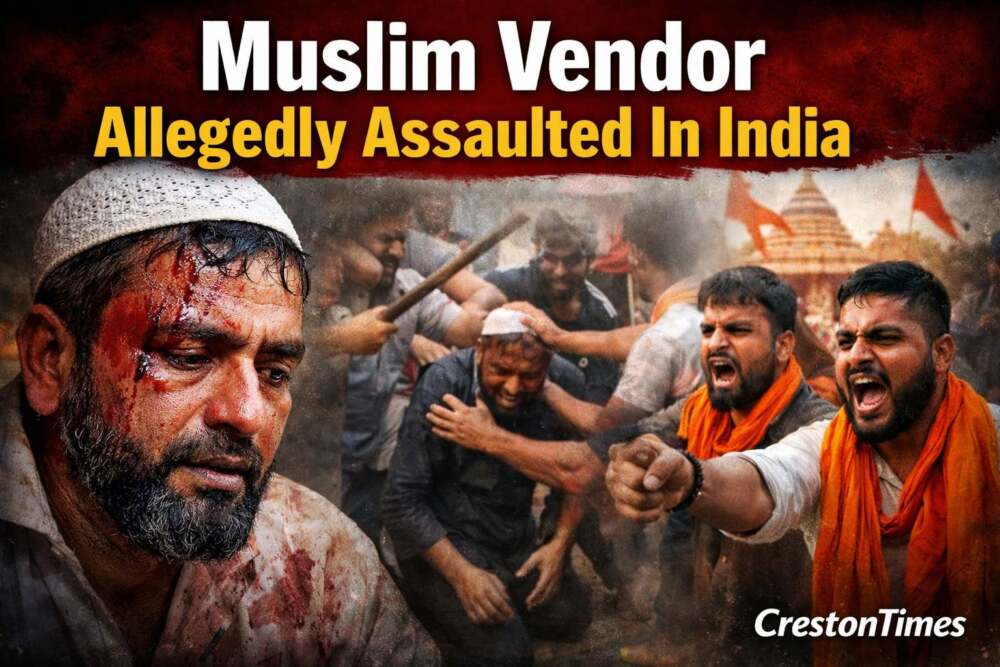Health authorities have launched a vaccination campaign in the Democratic Republic of the Congo’s southern Kasai province in response to a newly declared Ebola outbreak. The effort focuses on protecting those most at risk, including healthcare workers and people who have had direct contact with confirmed Ebola patients.
Scope of the Outbreak
- The outbreak was confirmed earlier this month in the locality of Bulape.
- Since then, dozens of suspected cases have been reported, with several deaths already attributed to the virus.
- The situation has spread into multiple health zones, raising concerns about further transmission, particularly in rural and remote areas where healthcare access is limited.
Vaccination Response
- An initial tranche of vaccine doses has been deployed to Bulape, the epicenter of the outbreak. These doses are being directed first to frontline medical personnel and those who came into contact with Ebola-positive patients.
- Additional doses have been approved for delivery, bolstering the country’s existing stockpile to enable wider vaccination if necessary.
Key Challenges
- Logistical hurdles are significant. The outbreak zone is remote, with poor transport infrastructure, making shipment of vaccines and medical supplies difficult.
- Funding and access constraints are also slowing response efforts. Local health systems are already under strain from ongoing security issues and prior underinvestment.
- Tracking of contacts has been a major focus, and while many potential contacts have been identified, reaching all of them in time remains a race against the clock.
What’s at Stake
- Health authorities warn that without prompt action and sufficient resources, Ebola could spread beyond the current districts, possibly threatening neighboring regions or countries.
- The current mortality rate among confirmed cases is high, reflecting both the potent nature of the disease and delays in treatment for some patients.
Expert Analysis
Officials from WHO and other partner organizations say this vaccination campaign, combined with other containment measures—such as contact tracing, isolation, and public awareness—can halt transmission. But they caution that the next two weeks are critical. They also note that international cooperation and support will be essential to scale up operations and manage the outbreak effectively.
Community Impact and Hope
- Communities affected are understandably fearful, with some movement restrictions and screening points being established in towns.
- Meanwhile, some patients under treatment are showing signs of recovery, and the vaccination rollout gives hope that the outbreak can be contained without becoming more widespread.
Conclusion
The Ebola vaccination campaign in southern Congo represents an urgent and coordinated public health response. Its success will depend heavily on overcoming access and funding challenges, ensuring rapid deployment of vaccines, and maintaining vigilance—especially in remote areas. For the affected populations, prompt action could mean the difference between containment and a much larger crisis.















Leave a Reply